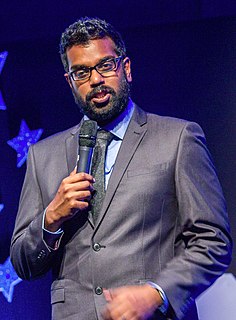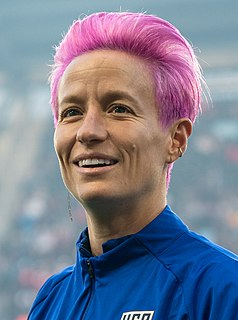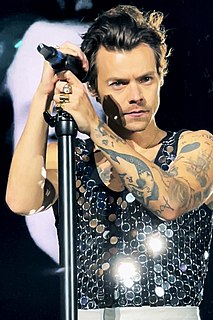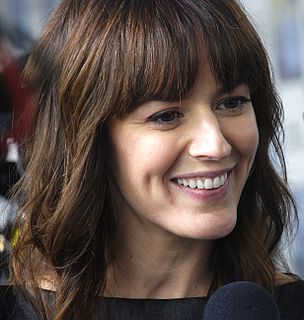A Quote by Beeban Kidron
I had a sort of classic moment when a friend of mine rang up and said she'd just been to a funeral, and in the middle of the eulogy, this kid had taken out the phone and had a whole proper text conversation - while everyone was weeping!
Related Quotes
The idea of the book ["The Japanese Lover"] came in a conversation that I had with a friend walking in the streets of New York. We were talking about our mothers, and I was telling her how old my mother was, and she was telling me about her mother. Her mother was Jewish, and she said that she was in a retirement home and that she had had a friend for 40 years that was a Japanese gardener. This person had been very important in my friend's upbringing.
I think it's kind of awkward when everyone knows you're gay but you don't say it. I had been thinking about coming out for almost a year before I did. I thought about it seriously on the plane ride home from the World Cup, while I was casually talking to my friend Lori Lindsey. She said, "Dude, you should just come out." She was right. Everyone in my life already knew. If you want to stand up and fight for equal rights but then won't even stand up for yourself and say "I'm gay" - that just started to feel weird.
At that moment a very good thing was happening to her. Four good things had happened to her, in fact, since she came to Misselthwaite Manor. She had felt as if she had understood a robin and that he had understood her; she had run in the wind until her blood had grown warm; she had been healthily hungry for the first time in her life; and she had found out what it was to be sorry for someone.
My mother and I definitely got to a point where we had to have a real conversation and talk woman to woman, or daughter to mother, friend to friend - just off the record, clear the air and communicate. I didn't want to drive my mama crazy, but at the same time, I had to do, I had to learn, I had to grow and she understood that. She knows me better than anyone else on the planet so I tried to think about that.
She smiled. She knew she was dying. But it did not matter any longer. She had known something which no human words could ever tell and she knew it now. She had been awaiting it and she felt it, as if it had been, as if she had lived it. Life had been, if only because she had known it could be, and she felt it now as a hymn without sound, deep under the little whole that dripped red drops into the snow, deeper than that from which the red drops came. A moment or an eternity- did it matter? Life, undefeated, existed and could exist. She smiled, her last smile, to so much that had been possible.
She'd always known he loved her, it had been the one certainty above all others that had never changed, but she had never said the words aloud and she had never meant them quite this way before. She had said it to him, and she hardly knew what she had meant. They were terrifying words, words to encompass a world.
Occasionally, on screen, Barbara [Stanwyck] had a wary, watchful quality about her that I've noticed in other people who had bad childhoods; they tend to keep an eye on life because they don't think it can be trusted. After her mother was killed by a streetcar, she had been raised in Brooklyn by her sisters, and from things she said, I believe she had been abused as a child. She had lived an entirely different life than mine, that's for sure, which is one reason I found her so fascinating. I think her early life was one reason she had such authenticity as an actress, and as a person.
Mama and I would go to a funeral and she'd stand up to read the dead person's eulogy. She made the ignorant and ugly sound like scholars and movie stars, turned the mean and evil into saints and angels. She knew what people had meant to be in their hearts, not what the world had forced them to become. She knew the ways in which working too hard for paltry wages could turn you mean and cold, could kill the thing that made you laugh.






































